Have you heard about the new smart baby monitor from Mattel?
Here is what the company has to say about their product:
“Will Help Nurture and Enrich Kids as They Grow While Assisting Families with Their Ever-Changing Needs”
“Aristotle is designed to comfort, entertain, teach, and assist during each development state””evolving with a child as their needs change from infancy to adolescence”
A baby monitor.
They go on to explain
“Aristotle can automatically play a lullaby and turn lights on dim when it hears a sleeping baby begin to cry. Or for a toddler, the dynamic lighting system will light up green or red to acknowledge if the child has answered a question correctly during a voice activated learning lesson.”
They go on to claim it can help with homework, do story time and sing-a-longs, and even be your child’s playmate. Parents can just use this to soothe a cranky baby back to sleep, and quiz their little geniuses, who needs a human caregiver?
Babies do.
Toddlers do.
Children do.
And despite what they may say teenagers do too!
I get that most of the people using this product will use it sensibly and not think that it is a good replacement for playing games with your baby, taking over bedtime reading, or getting up to soothe the crying baby at 2 am. However, that is exactly how it’s being marketed, and I have a huge issue with that. Attachment, human attachment, is key for child development and this has the potential to disrupt the development of strong infant and childhood attachments.
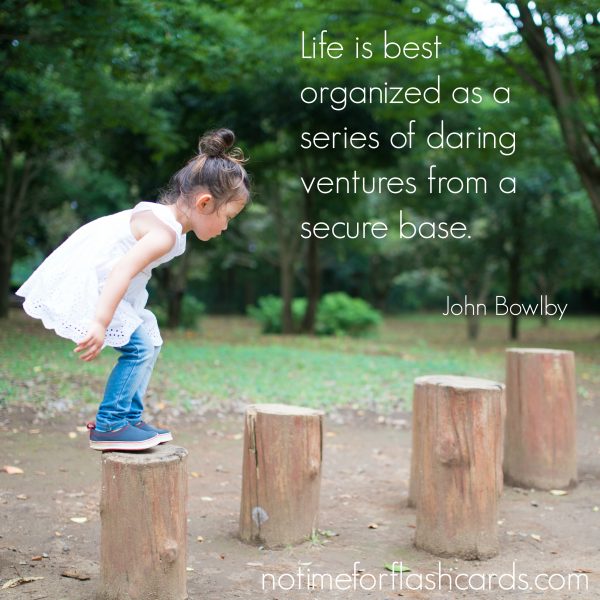
Attachment theory explains how early experiences with primary care-givers lead to long-term socio-emotional adjustment. The level of security of the bond between an infant and their primary caregiver is the foundation of a child’s environment which in turn is the foundation for the child’s socio-emotional development. John Bowlby, the originator of the attachment theory, wrote that a securely attached child will be much more resilient to the stresses of childhood and later life while an insecurely attached child is much more susceptible to mental health issues (Bowlby, 1988). This theory is backed up my copious amounts of research looking into more specific areas like how insecure attachment in infancy can lead to problems with self-regulation (Moutsiana et. al., 2014) whereas secure attachment in infancy has been found to help children with peer relationships (Schneider, Atkinson & Tardif, 2001). This not only affects the child and family but every classroom that child walks into.
Not every behavior issue is caused because of attachment issues, but it is a contributing factor in many. In fact, one study published in the Journal of Child Psychology and Psychiatry in 2013 found that “Disengaged interactions of fathers with their infants, as early as the third month of life, predict early behavioural problems in children” (Ramchandami et. al., 2013).
It’s pretty clear, responsive caregiving is key. Not perfect caregiving, but responsive.
We can do that.
A smart baby monitor can not.
References:
Bowlby, J. ( 1988). A Secure Base, London: Routledge
Moutsiana, C., Fearon, P., Murray, L., Cooper, P., Goodyer, I., Johnstone, T., & Halligan, S. (2014). Making an effort to feel positive: Insecure attachment in infancy predicts the neural underpinnings of emotion regulation in adulthood. Journal Of Child Psychology And Psychiatry, 55(9), 999-1008. doi:10.1111/jcpp.12198
Ramchandani, P. G., Domoney, J., Sethna, V., Psychogiou, L., Vlachos, H., & Murray, L. (2013). Do early father”“infant interactions predict the onset of externalising behaviours in young children? Findings from a longitudinal cohort study. Journal Of Child Psychology And Psychiatry, 54(1), 56-64. doi:10.1111/j.1469-7610.2012.02583.x
Schneider, B. H., Atkinson, L., & Tardif, C. (2001). Child”“parent attachment and children’s peer relations: A quantitative review. Developmental Psychology, 37(1), 86-100. doi:10.1037/0012-1649.37.1.86
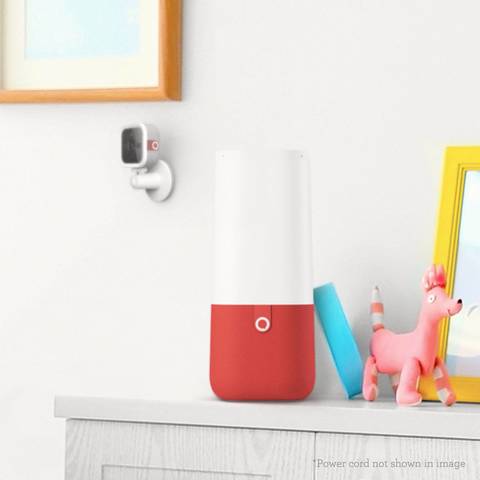
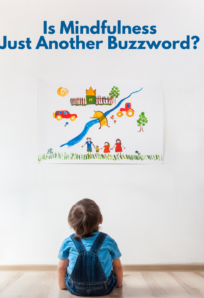
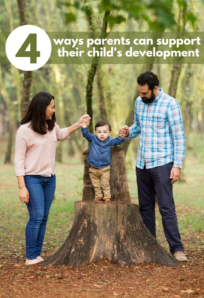
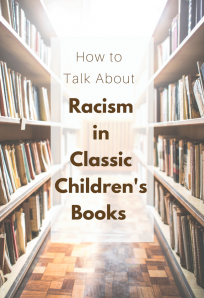
Sandra G says
It puts me in mind of Brave New World and the Hatchery and Conditioning Centre, where babies are incubated in pods and fed the party line while sleeping. It seems to me that this simply validates the approach of those who are already lukewarm about having children; they produce the child but outsource the raising so that they don’t have to interrupt their busy lifestyle to pay attention to the kid. Electronic devices can be helpful as a tool but not as a substitute for human interaction.